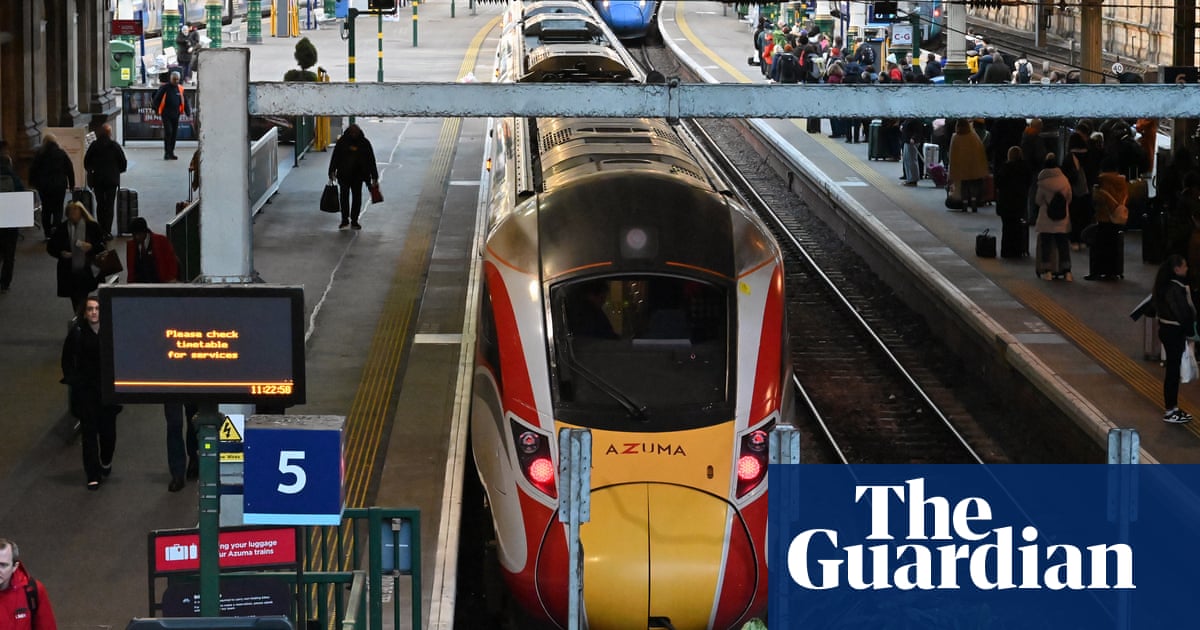Passengers travelling between London and Edinburgh face months of disruption as train drivers on the East Coast Mainline (ECML) have announced 22 days of strike action. The strikes, organised by the train driversâ union Aslef, are set to take place every weekend from just after midnight on 1 September to 10 November.
Aslef claims the action is a result of a "complete breakdown in industrial relations", citing "bullying by management" and the company's "persistent breaking of agreements". The strikes will significantly impact services on the ECML, which connects London to major cities including Leeds, York, and Newcastle.
The latest announcement comes amidst ongoing national rail disputes. While Aslef members may soon accept a new pay deal that could end the long-running national strikes involving 16 train companies, the ECML strikes highlight a separate and more local dispute.
The government, which has operated LNER as an operator of last resort since 2018, faces a fresh headache as the ECML strikes undermine their efforts to renationalise the railways. The strikes could also weaken the government's argument for renationalisation by highlighting potential contractual issues with private operators.
Conservative party leadership hopeful James Cleverly criticised the union, claiming the government had been "played by its union paymaster". He described the strikes as devastating for families.
Mick Whelan, Aslef general secretary, expressed his regret at the necessity of the strikes, stating that the union would rather not be in this position. He accused LNER of "brutally and repeatedly breaking diagramming and roster agreements", "failing to adhere to the agreed bargaining machinery", and "acting in bad faith".
Aslef claims the dispute has been ongoing for nearly two years, citing concerns over drivers being asked to work outside rostering agreements and managers being placed in driver roles on strike days. They further alleged that managers were offered £500 per shift to cover workers on rest days and £175 for working during a normal working day.
Nigel Roebuck, Aslef's lead negotiator with LNER, asserted that LNER "does not employ enough drivers to deliver the services it has promised passengers". He accused the company of "relying on favours and goodwill" and resorting to "bullying" and "breaking agreements" when those resources dwindled.
Aslef called on LNER to return to the negotiating table, claiming the strikes could be avoided if the company "behaved properly, decently, and abided by the agreements they made".
LNER, one of four operators in England run by a state-owned operator of last resort, expressed their disappointment at the news, citing recent "constructive conversations". They pledged to "minimise disruption to customers" during the strikes and stated their commitment to finding a resolution to the dispute.
The Office of Rail and Road (ORR) data revealed that LNER was the fifth worst-performing operator in terms of reliability, with only 57.3% of its trains arriving on time between January and March this year.
Meanwhile, 650 Border Force staff working at Heathrow terminals 2, 3, 4, and 5 have confirmed four days of strike action, from 31 August to 3 September, followed by a work-to-rule period until 22 September. The dispute revolves around enforced changes to working conditions, including flexible work rosters.
The strike action on the ECML and at Heathrow adds to the growing list of disruptions facing travellers in the UK, raising concerns about the wider impact on the economy and public confidence in transport infrastructure.
Article
Business

East Coast Mainline Faces 22 Days of Strikes as LNER Drivers Walk Out

